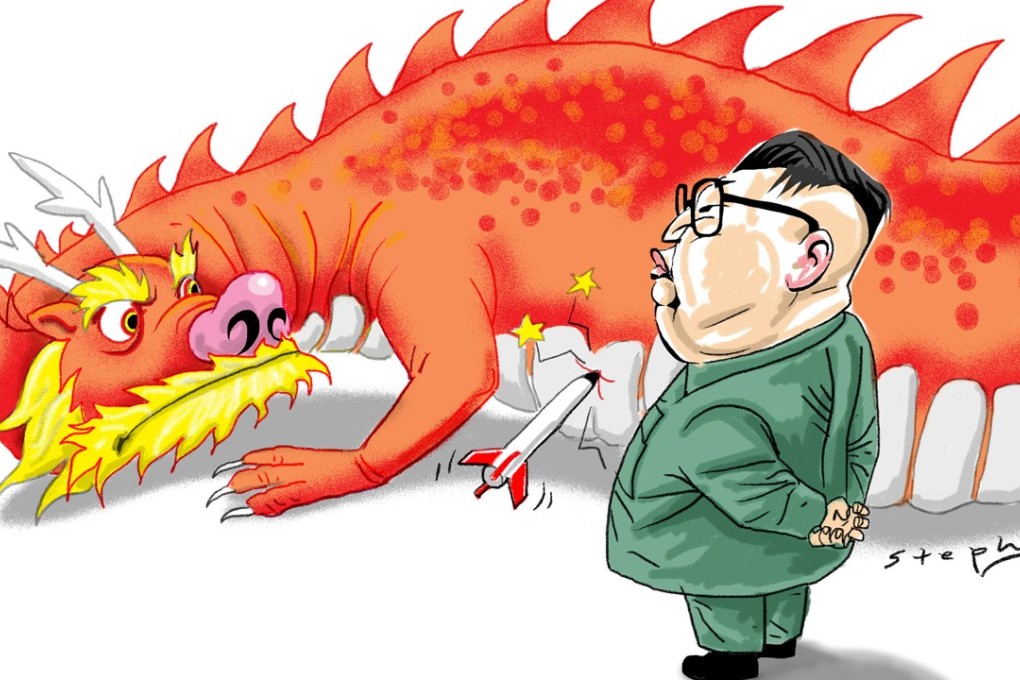Advertisement
How North Korean denuclearisation would be good for China’s national security and global standing
Kristian McGuire says that, apart from the military build-up in Northeast Asia to counter the North Korean threat, China’s ambitions of playing a greater global role should motivate it to push Pyongyang towards giving up its nuclear weapons
Reading Time:4 minutes
Why you can trust SCMP

As Beijing seeks to insert itself into ongoing negotiations with North Korea, it has a complex array of interests and options to consider. Should it help its communist ally push for the removal of US troops from South Korea? Or would it be best to simply continue supporting the indefinite suspension of US-South Korea joint military exercises?
Does Beijing need to be concerned about improving US-North Korea relations? If so, what needs to happen to ensure that the budding relationship doesn’t one day threaten China?
With so many decisions to make and interests to safeguard, Chinese officials certainly have their hands full, especially since they are dealing with a number of stakeholders and fluid circumstances.
Advertisement
Regardless of the manifold challenges facing Beijing, one critical fact ought to be clear by now: it needs North Korea to start taking concrete steps towards complete denuclearisation, and the sooner the better.
Advertisement
North Korea’s nuclear weapons and ballistic missile programmes have long undermined China’s security interests and tarnished its image as a leader in East Asian affairs.
Advertisement
Select Voice
Choose your listening speed
Get through articles 2x faster
1.25x
250 WPM
Slow
Average
Fast
1.25x